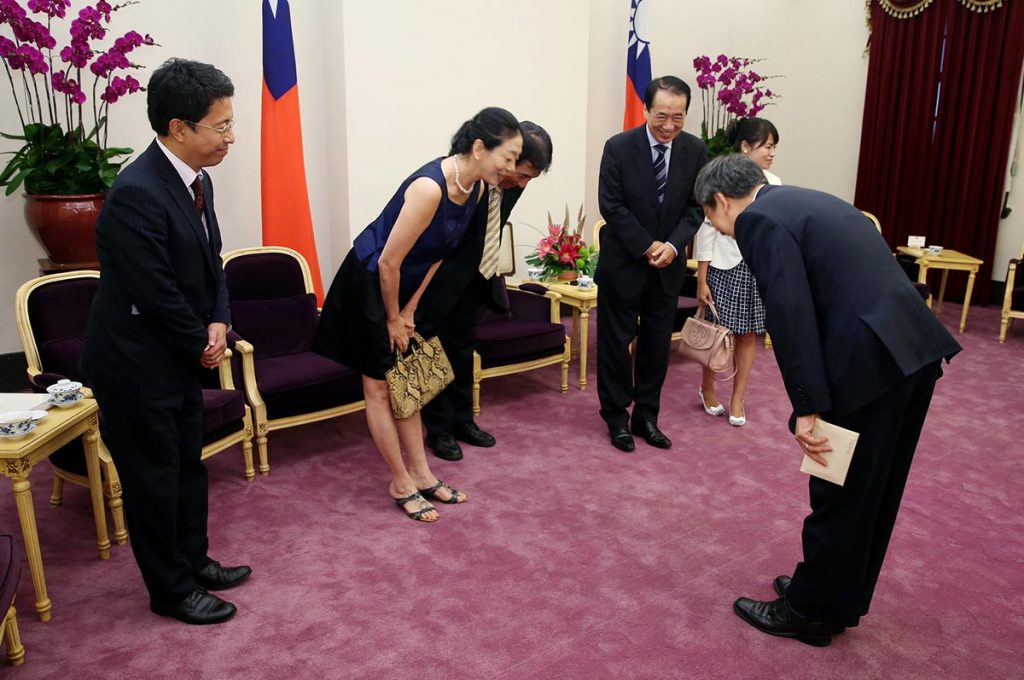Click here if the above video does not play
Topics discussed include
- We have grossly inflated Asset markets
- Asset inflation is making the rich richer and leaving the poor and middle class behind
- Many millennial's depend on their parents.
- Deflation scenario
- Central banks can buy Assets and also Stocks (in the case of Japan)
- MMT (Modern Monetary Theory)
- Economic problems can be postponed for a very long time.
China economy still bullish longer term
“Nowadays in China, there is probably a bubble in real estate in some cities, but not necessarily everywhere. In my opinion, there is no bubble in stocks. In the larger scheme of things, China is still in the early stage of development.”
Japan Trade Negotiations in the past
“In the case of Japan, in the 1970s, the US would send all these ambassadors and negotiators,” Faber recalled. “The Japanese would always bow three times and say ‘yes we’re going to do it’, and what happened was the trade deficit with Japan never really went down.”
via scmp
Marc Faber June 2019 Market commentary via Gloom Boom Doom
Referring to China, Kyle Bass claimed at a recent investment conference that, “Right now, there is no trust and no rule of law. [The Chinese] government lies, cheats, and steals as a national ideology.”
I heard that the audience rewarded his candid statements with applause.
Blaming the Chinese for everything appeals to the Democrats and the Republicans alike, and that is what counts for President Trump ahead of the 2020 elections. In fact, I find the applause following Bass' accusations deeply disturbing given the relatively high social standing and knowledge of the conference attendees. It also reminds me of so many other occasions in history when leaders blamed other people (usually minority groups and foreigners, or whosoever is convenient at the time) for their own shortcomings and failures.
Not long ago, Elaine Chao (the current US Secretary of Transportation) opined that, "Smoot and Hawley ginned up the Tariff Act of 1930 to get America back to work after the Stock Market Crash of ’29. Instead, it destroyed trade so effectively that by 1932, American exports to Europe were just a third of what they had been in 1929. World trade fell two-thirds as other nations retaliated. Jobs evaporated."
I think it is fair to say that the Smoot–Hawley Tariff did not cause the depression (there were numerous other factors at play), but it certainly accelerated the downturn and prolonged the global economic slump as global trade collapsed. Currently, the global economy (including the US) is already weakening badly (many sectors are already in recession) and the trade war will aggravate the economic downturn. US economic weakness is indicated by strengthening US Treasuries. It is also confirmed by the decline in oil and lumber prices. Furthermore, the US Markit manufacturing PMI just dropped by 2 points to a near-recession 50.6 level.
In general, I believe that Wall Street strategists and economists grossly underestimate the downside risk of equities. I concede that the US stock market is becoming near-term oversold and, therefore, could rebound in June and July (traditional summer rally). The US stock market is, however, far from oversold from a longer-term perspective. My advice: Sell the rallies and reduce equity positions.
Finally, remember regarding the constant China bashing that, as Daniel Kahneman observed, “A reliable way to make people believe in falsehoods is frequent repetition, because familiarity is not easily distinguished from truth. Authoritarian institutions and marketers have always known this fact.”
Click here if the above video does not play

